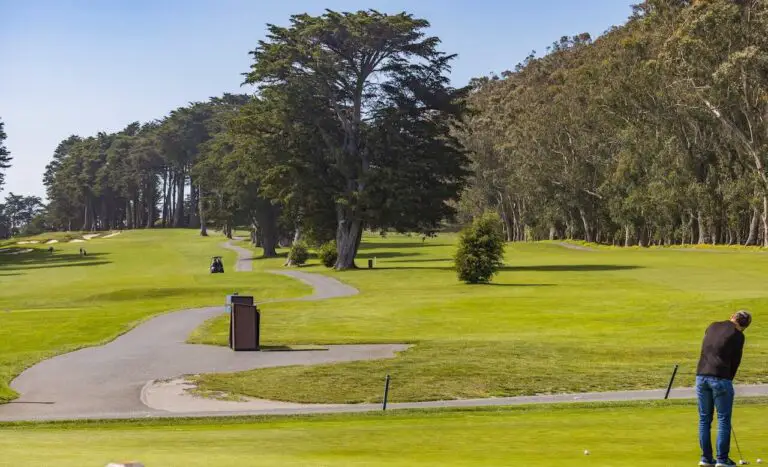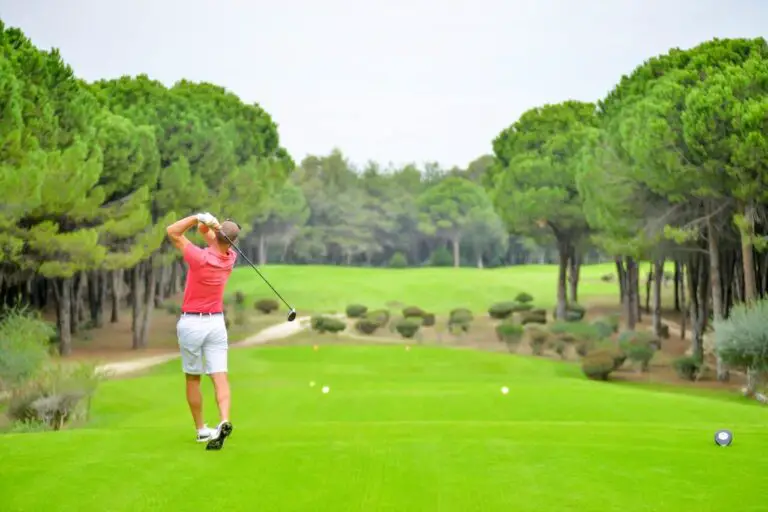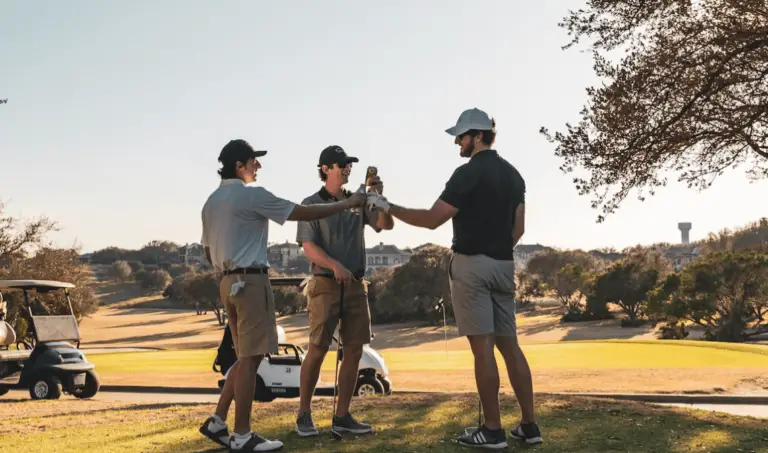Guide to Better Golf Decision-Making

Golf is a game of skill and strategy, and making smart decisions on the course can mean the difference between a successful round and a frustrating one. In this guide, we will explore some key principles for making better decisions on the golf course.
From choosing the right club for a shot to deciding when to play it safe and when to take a risk, we will provide tips and advice to help you make smart choices that can improve your game and lower your scores.
Whether you are a beginner or a seasoned golfer, these tips will help you make better choices on the course and enjoy your time on the links even more.
Understanding the factors that can impact your decisions
There are many factors that can impact your decision-making ability. Some of the most common ones include the player’s skill level, the condition of the course and the weather, the type of club being used, the position of the ball, and the player’s current score.
Other factors that can influence a player’s decision-making include the player’s mental state, their knowledge of the course and their opponents, and their strategy for the round.
The ultimate goal in golf is to select the best option for each shot in order to maximize your chances of success.
Course conditions
Golf course conditions can have a significant impact. The condition of the greens, fairways, and hazards can affect the way a golfer plays each hole.
If the greens are fast, a golfer may choose to use a longer club for approach shots to avoid overshooting the green. Similarly, if the fairways are wet, a golfer may choose to use a club with less loft to reduce the risk of the ball bouncing and rolling too far. In general, golf course conditions can affect a golfer’s club selection, shot selection, and overall strategy for playing each hole.
Weather
If it is raining, the course may be wet and playing longer than usual, so a golfer may choose to use a club with more loft to compensate for the wet conditions and hit the ball higher in order to avoid puddles or standing water. If it is windy, a golfer may need to adjust their swing and choose clubs that can help them control the ball better in the wind. In general, golfers need to be able to adapt to the conditions and make strategic decisions based on the weather in order to play their best.
Physical ability
If you have a physical limitation that affects your swing, you may need to adjust your shot selection and club choice to compensate.
In addition, factors such as your strength, flexibility, and overall physical fitness can affect your ability to execute shots accurately and with power, which can in turn affect your decision-making on the course. Overall, it’s important to consider your physical abilities and limitations when making decisions on the golf course and to work on improving them through practice and training.
Mental state
Your mental state can have a significant impact on your ability to make decisions on the golf course. If you are feeling confident and focused, you are more likely to make good decisions and perform well. On the other hand, if you are feeling anxious or distracted, you may struggle to make good decisions and your performance may suffer as a result.
Developing a pre-shot routine
Having a pre-shot routine can help golfers make better decisions on the golf course because it allows them to focus their attention on the task at hand and block out distractions. This routine typically includes steps such as evaluating the lie of the ball, determining the shot that needs to be played, and visualizing the shot.
By following a consistent pre-shot routine, a golfer can make more informed decisions about the best way to play a shot and execute it with greater precision. Additionally, a pre-shot routine can help a golfer maintain a consistent mental state, which can be beneficial for making good decisions under pressure.
Analyzing the risks and rewards of each shot
In golf, as in many other aspects of life, it’s important to carefully consider the potential risks and rewards of each decision before making a move. By analyzing the risks and rewards of each potential shot or strategy, a golfer can make more informed decisions that are likely to lead to better outcomes on the course.
If a golfer is faced with a shot that has a high risk of ending up in a water hazard but also a potential reward of moving the ball closer to the hole, they may decide to take the risk if they believe the reward is worth it.
On the other hand, if the potential risks outweigh the potential rewards, the golfer may decide to play it safe and choose a different shot or strategy. Overall, analyzing risk and reward can help golfers make more calculated and strategic decisions that can improve their performance on the course.
Trusting your instincts and making confident decisions
Trusting your instincts can be helpful in making decisions on a golf course because it allows you to rely on your experience and intuition to guide your actions. This can help you to make quick and confident decisions, which is important in a fast-paced game like golf. It helps you to stay focused and avoid getting overwhelmed by overthinking or second-guessing yourself.
Practicing decision-making on and off the course
One of the best ways to practice your decision-making is to play as many rounds of golf as possible. This will give you the opportunity to make a variety of different shots and decisions on the course and will help you to develop your decision-making skills.
You can practice making specific types of shots, such as approach shots or putts, in order to improve your ability to make decisions in those situations. Finally, you can also try to simulate different golf scenarios in your mind, and practice making decisions in those situations. This can help you to develop your decision-making skills and improve your overall performance on the course.
Final Thoughts
Making better decisions on the golf course can greatly improve your game and overall enjoyment of the sport. By considering factors such as course conditions, personal abilities, and potential risks and rewards, you can make more informed choices that can lead to better shots and lower scores. By taking the time to assess your options and think through the consequences of each decision, you can avoid costly mistakes and keep focused and confident on the course. With practice and persistence, you can develop the skills and mindset needed to make better decisions on the golf course and take your game to the next level.






